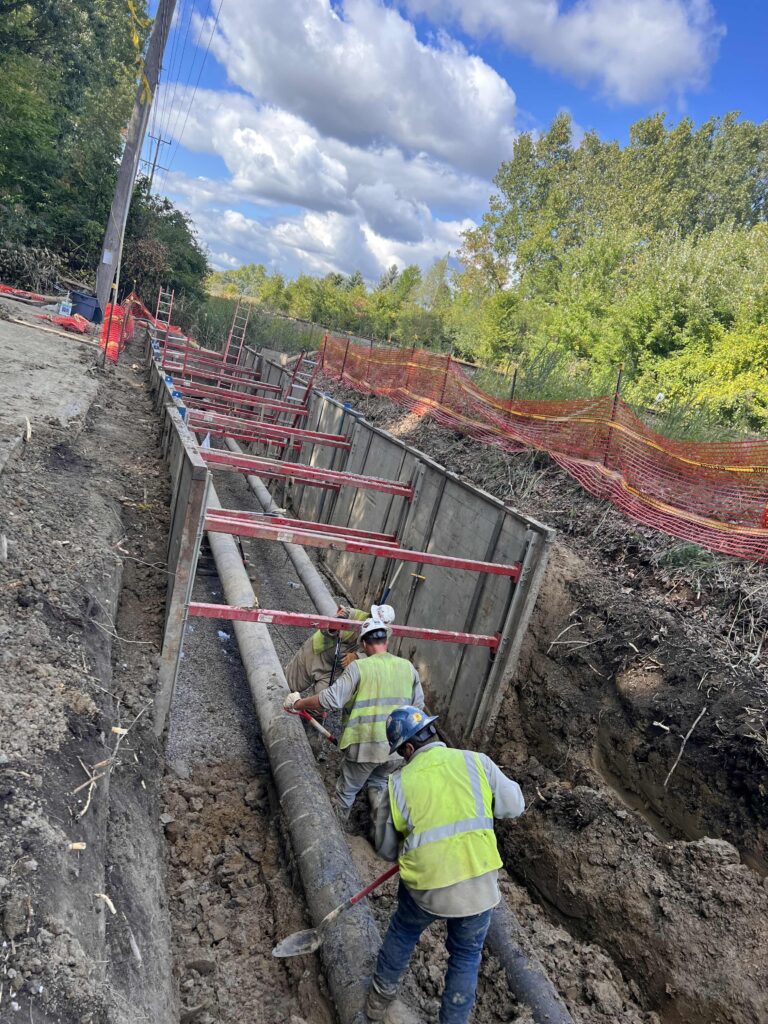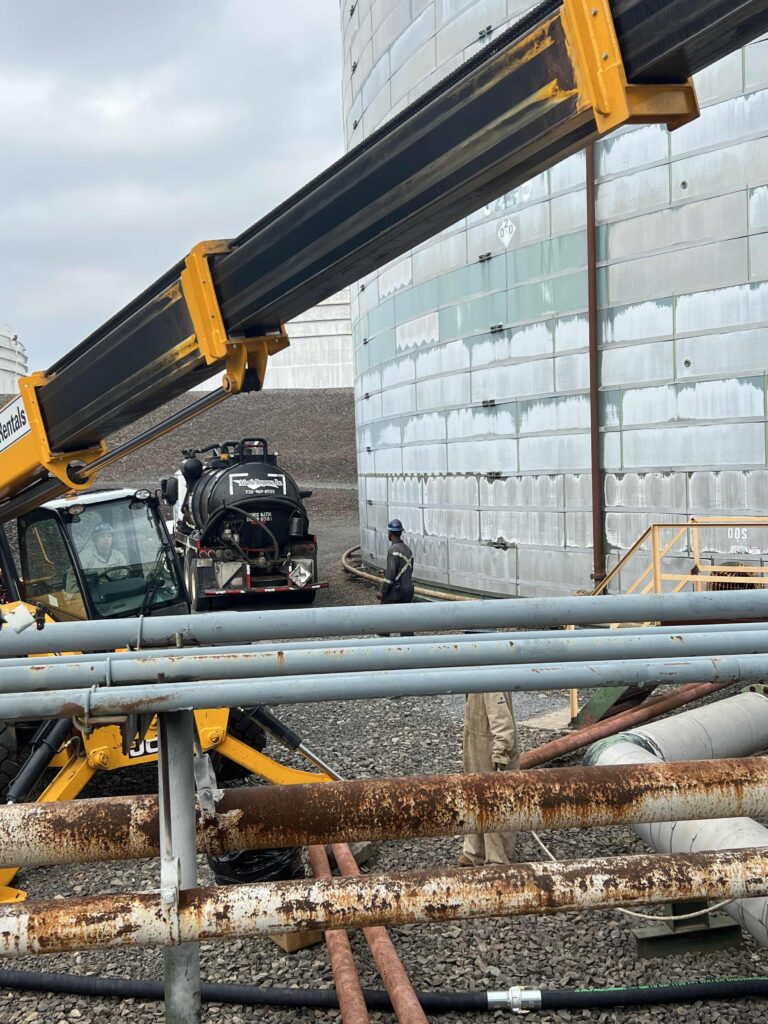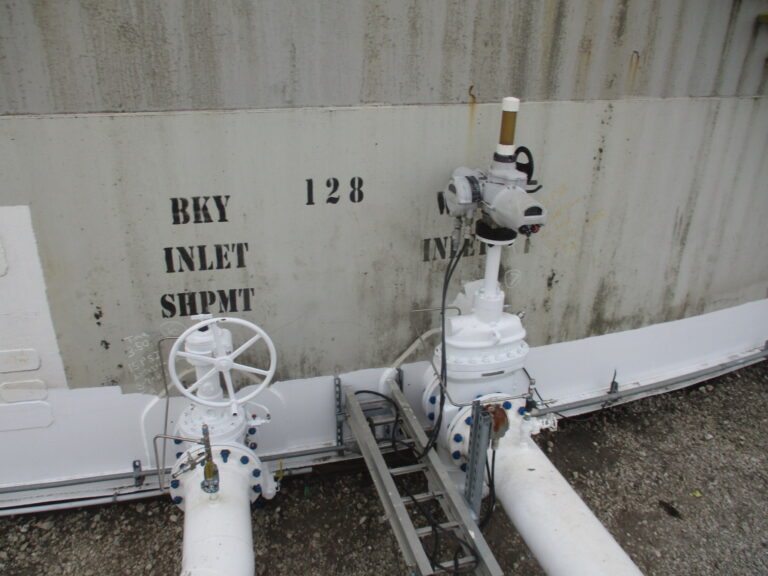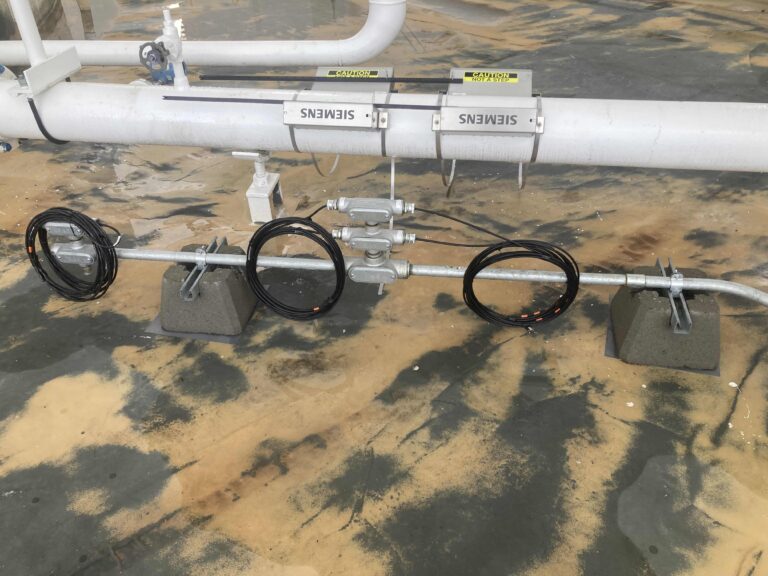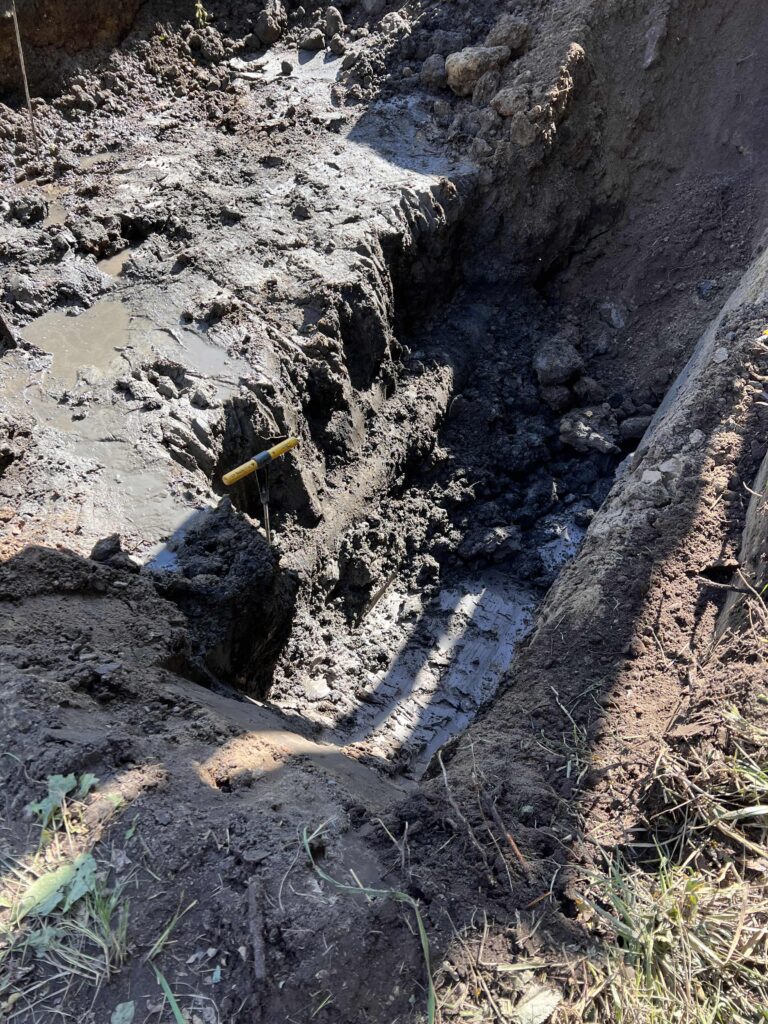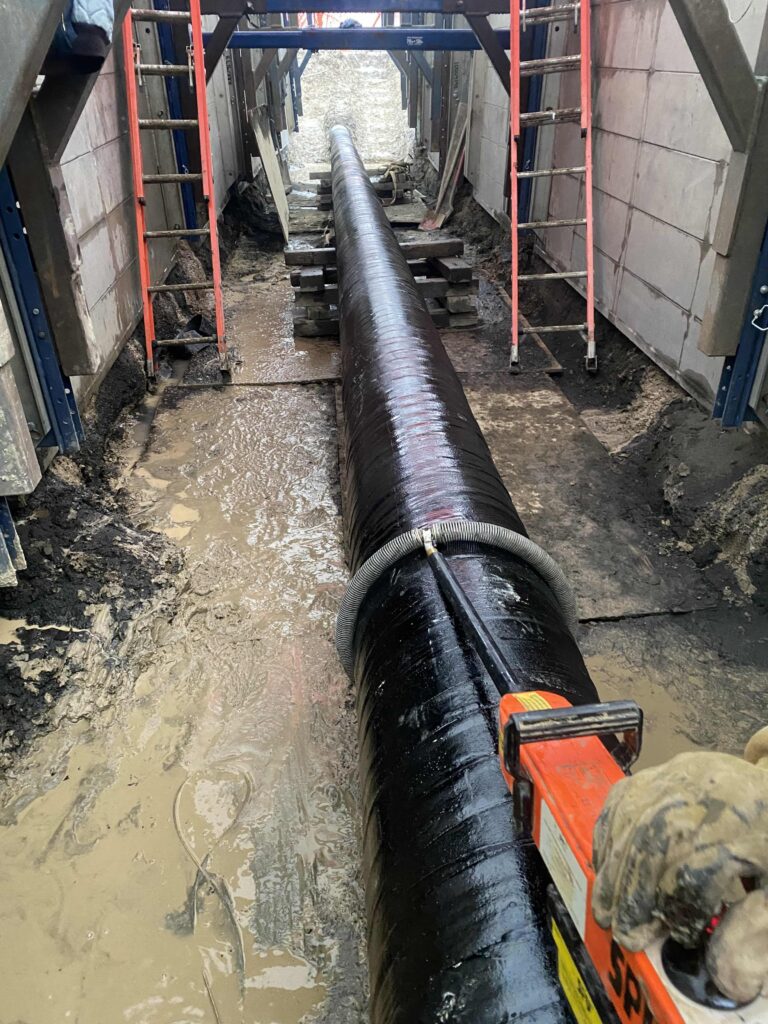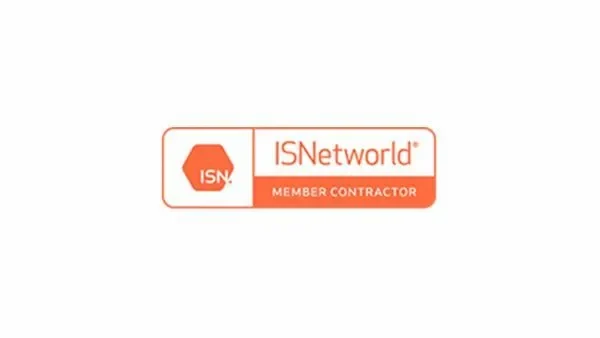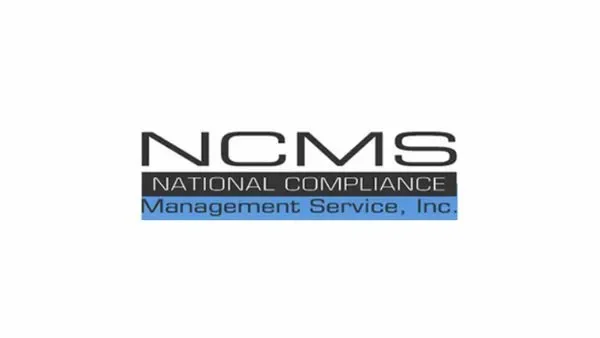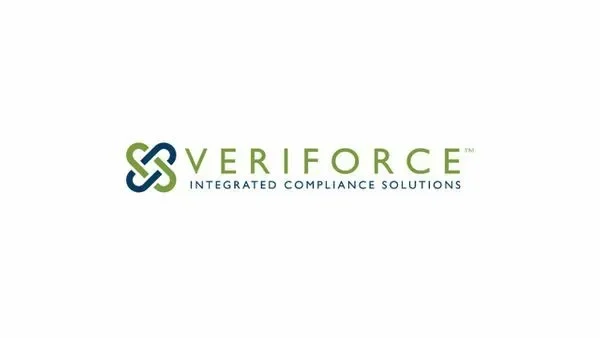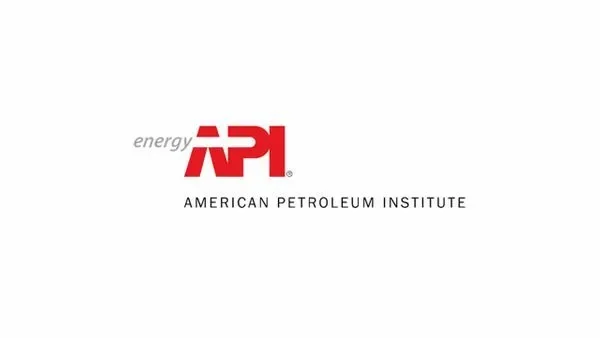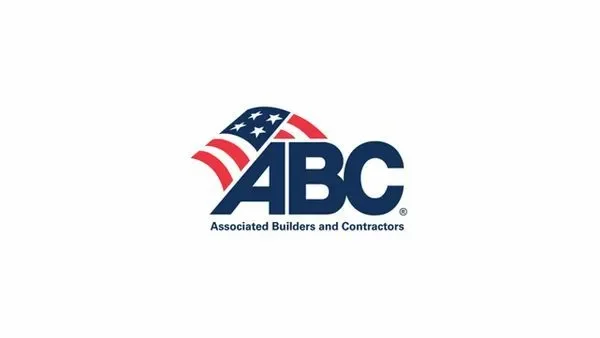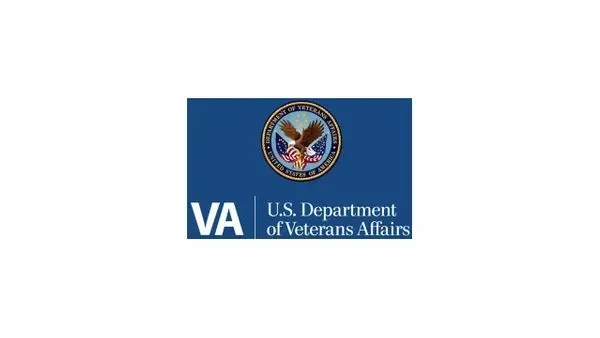Effective inspection is paramount in oil and gas construction projects to ensure safety, compliance, and quality. This comprehensive checklist focuses on the essential components that need thorough inspection during the construction phase in oil and gas projects.
The oil and gas sector is one of the most complex and high-risk industries globally. With stringent regulatory standards and an inherent focus on safety, effective inspections are crucial at every construction phase. Whether it’s ensuring the structural integrity of a new offshore platform or confirming the environmental compliance of a refinery, detailed and systematic inspections can make or break a project.
In this post, we’ll explore an inspection checklist covering key components, including site preparation, structural integrity, piping and equipment installation, electrical systems, safety measures, environmental compliance, documentation, and regulatory compliance. Additionally, we’ll touch on quality assurance, risk management, training, continuous improvement, and client communication.
Site Preparation and Layout
Site preparation is the foundation of any successful construction project. Inspecting this phase ensures that the groundwork aligns with the project specifications and local codes. Verification of the adherence to the planned layout is crucial. Ensure that the site is graded correctly, drainage systems are in place, and access roads are constructed properly. Proper site preparation not only facilitates smooth construction operations but also prevents future issues related to soil stability and drainage.
Structural Integrity
Ensuring the structural integrity of constructions in the oil and gas industry is non-negotiable. This involves inspecting the structures to confirm they conform to design specifications and can withstand operational loads. Key focus areas include the quality of welds, material robustness, and the correct assembly of structural components.
Rigorous inspection protocols verify structural integrity. Experts examine weld quality to prevent future failures, ensure that materials used are robust and appropriate for their intended use, and confirm that all structural components are assembled correctly and securely. This helps in preventing catastrophic failures and ensuring the long-term durability of the construction.
Piping and Equipment Installation
The installation of pipes and equipment is a critical phase in oil and gas construction projects. Inspecting this phase involves examining the alignment of installations with the design plans, checking for any leaks or defects in the systems, and ensuring that all equipment is installed correctly and functions as intended.
Comprehensive inspection services for piping and equipment installation ensure that all installations are aligned with engineering designs, check for leaks and defects, and verify that all equipment is operational. Proper inspection at this stage helps prevent future operational issues and ensures the efficient functioning of the systems.
Electrical Systems
Electrical systems are vital for the safe and reliable operation of oil and gas facilities. Inspection of electrical installations involves checking wiring, components, and installations to ensure compliance with electrical codes and standards. This includes verifying that all electrical systems are installed correctly, are safe to operate, and are reliable.
Thorough inspections of electrical systems ensure that all wiring is correctly installed, components are up to standard, and installations comply with relevant electrical codes. This minimizes the risk of electrical failures and enhances the safety and reliability of the facility’s electrical systems.
Safety Measures
Ensuring safety measures are in place and compliant with standards such as OSHA is crucial. This includes inspecting fire protection systems, emergency exits, and other safety-related installations. A comprehensive inspection ensures that all safety measures are functional and capable of protecting workers in case of emergencies.
Inspection and verification of safety measures ensure that fire protection systems are operational, emergency exits are accessible and clearly marked, and all other safety protocols are in place. This helps in maintaining a safe working environment and ensures compliance with safety regulations.
Environmental Compliance
Environmental compliance is essential in the oil and gas industry to prevent legal issues and environmental harm. Inspecting environmental protection measures involves reviewing waste management practices, emission controls, and other environmental safeguards to ensure adherence to environmental laws and regulations.
Expert inspection services ensure environmental compliance by reviewing all environmental protection measures, checking waste management practices, and verifying that emission controls are effective. Ensuring compliance with environmental regulations not only protects the environment but also enhances the company’s reputation and avoids legal penalties.
Documentation
Accurate and complete documentation is crucial for the successful completion and operation of construction projects. Inspecting documentation involves verifying that as-built drawings, operation manuals, and other necessary documents are accurate and reflect the constructed facility correctly.
Ensuring that all documentation is accurate and complete involves verifying as-built drawings, checking operation manuals, and ensuring that all necessary documents are in order. Proper documentation facilitates future maintenance and operational tasks, ensuring that the facility operates smoothly.
Regulatory Compliance
The oil and gas industry is subject to numerous regulations at local, state, and federal levels. Inspecting for regulatory compliance involves ensuring that all construction activities adhere to these regulations, thereby mitigating the risk of legal issues and fines.
Thorough inspections ensure regulatory compliance by verifying that all construction activities comply with applicable regulations. This reduces the risk of legal complications and ensures smooth project execution.
Quality Assurance
Conducting thorough quality checks on all components is essential to confirm that they meet established quality standards and are free from defects. Quality assurance ensures that every aspect of the construction project adheres to the highest standards of quality.
Robust quality assurance services conduct detailed checks on all components, ensuring they meet quality standards and are free from defects. This commitment to quality ensures the long-term reliability and safety of the construction project.
Risk Management
Effective inspection involves identifying and managing risks associated with construction projects. This includes assessing potential risks and implementing measures to mitigate them, ensuring that the project progresses smoothly without unexpected disruptions.
Integrating risk management into inspection services identifies potential risks, evaluates their impact, and implements strategies to mitigate them. This proactive approach helps in minimizing disruptions and ensures the successful completion of the project.
Training and Continuous Improvement
Ongoing training and continuous improvement are essential for maintaining high standards in construction projects. Regular inspections should include assessing the effectiveness of training programs and identifying areas for improvement to ensure continuous enhancement of skills and processes.
Assessing the effectiveness of training programs and identifying opportunities for improvement ensures that teams remain at the forefront of industry standards and practices. This commitment to continuous learning ensures high-quality performance and operational excellence.
Client Communication and Satisfaction
Effective communication with clients is vital for ensuring satisfaction and successful project completion. Inspection processes should include regular updates to clients, addressing their concerns, and ensuring that their expectations are met.
Prioritizing client communication and satisfaction involves providing regular updates, addressing client concerns promptly, and ensuring that client expectations are met. This focus on communication enhances client relationships and ensures successful project outcomes.
Case Studies Illustrating the Importance of Thorough Inspections
Deepwater Horizon Oil Spill
The catastrophic Deepwater Horizon oil spill in 2010 is a stark reminder of the importance of rigorous inspection in drilling operations and safety systems. The failure in inspection protocols led to one of the largest oil spills in history, emphasizing the need for constant vigilance in the oil and gas industry.
Piping Failure at Refinery
In another incident, a lack of thorough inspection during the installation of a high-pressure pipeline in a refinery led to a catastrophic failure. This failure resulted in significant loss of product and endangered workers’ safety. A comprehensive inspection process could have identified and prevented this failure.
Gas Plant Explosion
Improper inspection and maintenance of equipment in a gas plant resulted in an explosion, causing injuries and significant financial losses. Regular inspection plays a crucial role in identifying potential hazards and preventing accidents in oil and gas facilities.
Regulatory Standards
To ensure compliance and safety, inspections in the oil and gas industry should reference regulatory standards and industry best practices such as API 510, ASME B31.3, and OSHA PSM. These standards provide guidelines for pressure vessel inspection, process piping, and process safety management, respectively.
Conclusion
A meticulous inspection covering structural, environmental, electrical, and safety components is crucial for the successful completion of oil and gas construction projects. By adhering to this comprehensive inspection checklist, companies can ensure the safe, compliant, and quality execution of their construction projects, paving the way for operational excellence in the oil and gas sector.
Spyglass Solutions is an industry leader in the field of construction inspection and project management. With our expert services, we ensure that your construction projects meet all safety, compliance, and quality standards, helping you achieve operational excellence in the oil and gas industry.

